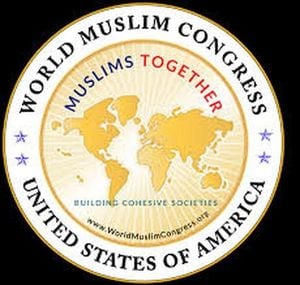Algeria is undergoing significant amendments to its marriage law in 2025, aiming to enhance societal stability and foster a solid family environment. These updates reflect the changing social and cultural landscape, emphasizing the importance of family ties while addressing the pressing issue of rising divorce rates. The new legal framework introduces provisions that are designed to balance individual needs with the preservation of societal values.
Among the most notable changes is the increase in the legal marriage age to 19 years for both men and women. This adjustment is intended to ensure that couples are mature enough to handle the responsibilities that come with marriage. As the government stated, "Raising the marriage age helps ensure individuals are ready to embrace family responsibilities." This change aims to reduce the likelihood of marital discord and subsequent divorces.
Additionally, the law now mandates a medical examination for both parties prior to marriage. This requirement is a proactive measure to promote health awareness among couples and to help prevent hereditary diseases. By ensuring that both partners are in good health, the law seeks to create a healthier family environment right from the start.
Polygamy, a contentious issue in many societies, has also been addressed in the new legislation. The law stipulates that multiple marriages are only permissible with prior judicial approval. This is contingent upon providing realistic justifications and demonstrating the ability to ensure fairness among spouses. The necessity of obtaining the consent of the current wife adds another layer of protection for women, reflecting a balance between legal rights and traditional practices.
In a move towards modernization, the Algerian government has introduced an electronic marriage documentation service. This initiative is part of the broader digital transformation efforts in the country, aimed at simplifying the bureaucratic processes associated with marriage. Couples can now register on an official platform, enter their personal details, and upload necessary documents such as birth certificates and medical examination results. The process culminates in a review by relevant authorities to ensure compliance with all legal requirements.
Moreover, the law outlines specific conditions for foreign nationals wishing to marry Algerians. A foreign partner must either reside in Algeria or possess a valid entry visa for the purpose of marriage. They are also required to provide a certificate from their home country verifying their eligibility to marry. In cases where an Algerian Muslim woman intends to marry a non-Muslim man, the law mandates that he must declare his conversion to Islam and provide proof of this declaration.
The regulations surrounding mixed marriages have been tightened to prevent potential exploitation of legal loopholes. The administrative authorities will scrutinize mixed marriage applications to ensure that they comply with local laws and societal norms. This oversight is crucial for maintaining the integrity of the family unit and the stability of Algerian society.
As these reforms take effect, there is an expectation that they will contribute positively to family structures in Algeria. The government aims to create a legal environment that not only supports families but also aligns with contemporary societal challenges. By introducing measures that focus on health, legal fairness, and the integration of foreign spouses, the 2025 marriage law is positioned as a progressive step forward.
In conclusion, the amendments to Algeria's marriage law reflect a comprehensive approach to family stability, addressing both traditional values and modern realities. By prioritizing the well-being of families and ensuring that individuals are adequately prepared for the responsibilities of marriage, these changes are designed to foster a more harmonious society.





